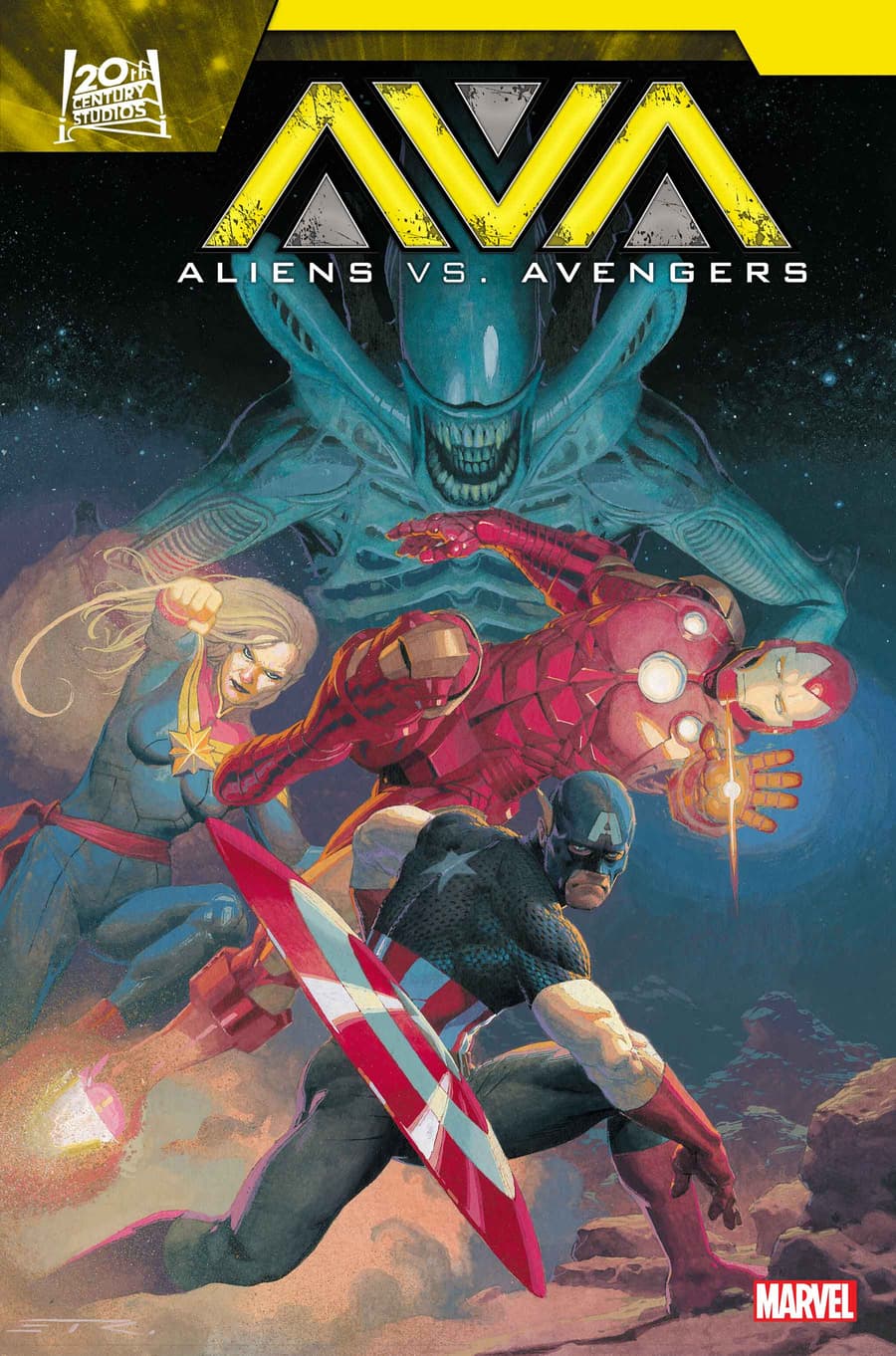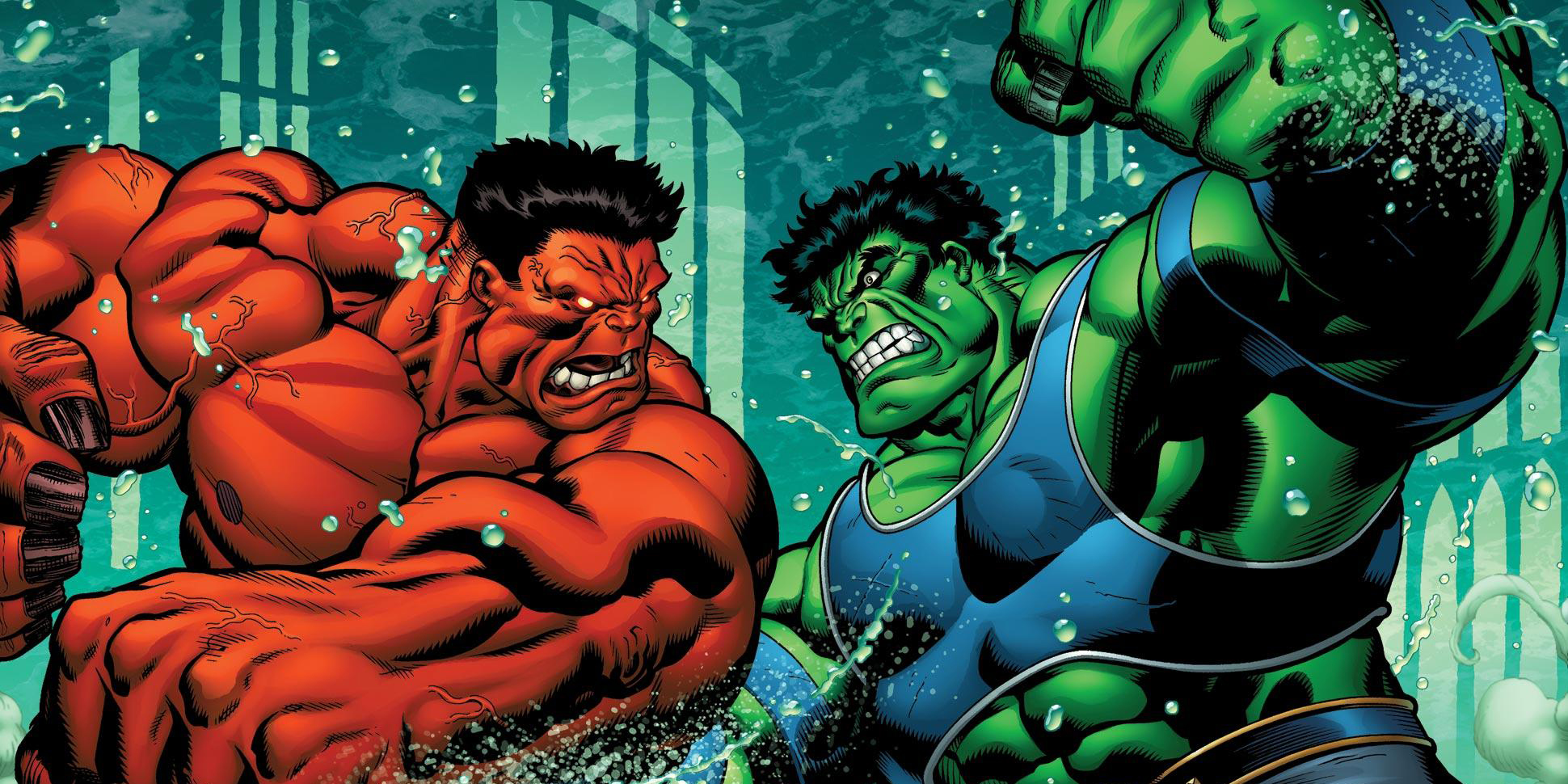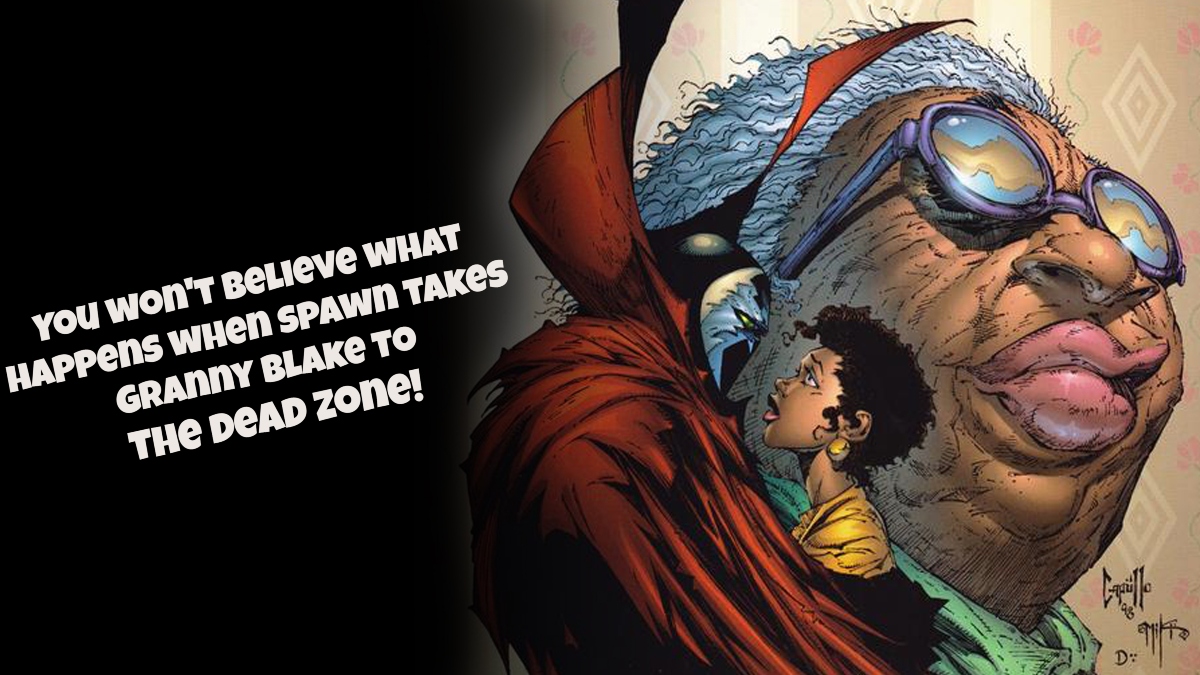![]()
After spending over a decade making Pirates of the Caribbean movies and others with Johnny Depp, director Gore Verbinski has returned to the genre for which he first got attention with 2002’s The Ring…. Horror!
His new psychological thriller, A Cure for Wellness, stars Dane DeHaan (The Amazing Spider-Man 2) as Lockhart, a young finance executive who is assigned by the partners of his company to retrieve their missing CEO, who has gone to Switzerland to receive treatment from the waters under an ancient castle in the Alps. And he has decided not to return, which is a problem since they’re about to close a big deal that requires his presence. Lockhart travels to the castle, only to learn that cell phones and electronics don’t work there, and when he is injured in a near-deadly car crash, he finds himself trapped there as all sorts of weird visions commence.
A couple weeks back, LRM had a chance to watch the first 30 minutes of the movie, a new trailer (which you can watch HERE) as well as sit down with Gore Verbinski for this brief interview…
LRM: I was asked by a couple of my horror buddy friends whether what I saw showed this to be a horror movie, but it’s interesting how those elements enter the mix very slowly, like the horror trope of being committed to a sanitarium and other fears we have.
Gore Verbinski: Yeah, that’s the reason you hear the little lullaby over the modern world, and the letter arriving. There’s a sense of that hand reaching all the way into the modern world and grabbing, clutching our protagonist and pulling him to this place. And the opening scene, where the man has the heart attack. I guess the term modern Gothic comes to mind because I feel like it wants to be modern. It doesn’t want to be … “The curtain opens and …,” there’s the castle and the rain and here’s the horrible ghost story. I feel like we can blend the modern world and start to evaporate it and lose track of it as we come to this place. We get a sense of part of losing your purchase on reality is losing your connectionwith that world.
LRM: One of the things about this location is it deliberately feels out of time. When he goes there, it’s like these people are living in a different time period. The villagers, obviously some young people there who listen to very modern rock stuff, but it still feels like there’s a bubble. No Wifi, no computer …
Verbinski: That genre allows dream logic. I think that you don’t have to apply strict rules. There has to be logic, but it’s the logic of how we dream. It’s not the logic of a waking state.
LRM: Another nice surprise about the movie was that other than the title and you directing it, I knew next to nothing about it, which is different from when you’re making a “Pirates†movie where everyone is paying attention to every little bit of detail. It’s nice to have something that can be surprising.
Verbinski: We’re not a sequel. We’re not another IP (Intellectual Property). We’re not based on a theme park. Those movies are harder and harder to make these days. I’ve had a great experience at New Regency where we had very, very limited resources, but complete autonomy. I prefer it that way.
![]()
LRM: I want to ask about the casting of some of the other characters. We saw a little bit of Mia and Jason in the footage, so can you talk about casting Mia? I think she has this quality to her that seems very childlike but she creates an interesting presence.
Verbinski: She came in and read and I just immediately said, “Yeah. Done. She’s it.” That’s kind of her in many ways. She’s a really interesting woman. There’s a reason Shelley Duvall works so well in The Shining. Hannah, in our movie, is a mystery. You’re not quite sure at first if she’s a ghost or if she’s haunting the grounds. Then it’s like, okay, she’s real and how long has she been there and what are her secrets and what does she know of the outside world. In the same way a child, when they ask you why the third time, they’re usually dealing with something profound? “Why do we do this?” And then you explain it, and “Why do we do that?” And we explain. We have to explain why we lie about something. By the third why, you’re kind of, “That’s a really good question.” I think that’s sort of Hannah in a way. There’s a unique point of view as a result of … Well, I don’t want to say anything about that.
LRM: How much was Dane aware of what he was going to be put through making this movie? Obviously, he must’ve read the script, but was he like, “How are we going to do this?”?
Verbinski: Yeah, and also the fact that I’m doing it with people I’ve never worked with before, there’s a big leap of trust when you’re putting your actor underwater all day and communicating to him with microphones that don’t always work and you’re resorting to hand signals. It’s surprisingly low-tech when you get down to it, and he has to endure. He has to suffer. But he’s game. He hasn’t been spoiled by too many movies and a large trailer and all those things. We were on the road and it was a very humble production.
LRM: By the way, how was it working with the German crews? Was there any kind of language barrier at all?
Verbinski: They were great. Sure, there’s language barriers and we had a British AD and a German crew, and that’s a bit … you know. (Puts his fists together.)
![]()
LRM: Having spent a lot of time in London and Germany, I find that they historically may not get along, but the places are very similar, both architecturally and everything about the two places are very similar, which might be why they’ve always been at odds.
Verbinski: Exactly. Do you get along with your brother? The crews were great, and I would do it all again.
LRM: I also wanted to ask you about the “Bioshock†movie you were planning to do at one point, which would’ve also brought you back to horror. Is that still something that interests you?
Verbinski: I was very passionate about that movie. I’ve worked on the script for 18 months and made that movie in my head 20 times. It was very sad that that movie went down, so I’m as disappointed as everyone else that Universal didn’t step up at that moment when we’re ready to go.
LRM: When I spoke with James Mangold for “Logan,†he was saying that what’s great about video games is you can interact with them, but they don’t offer the emotions you can get out of movies. Still, 18 months is a long time to spend developing something…
Verbinski: I think that would’ve been the one that broke the rule because it’s Oedipal It’s an Oedipal story, and I think that there’s a great mythology to Bioshock that a lot of the video games don’t have. I think if any video game was going to work well as a movie, as a narrative, Bioshock had the greatest hopes of doing that.
A Cure for Wellness opens on Friday, February 17. Look for our interview with Dane DeHaan very soon.

 FOR FANBOYS, BY FANBOYS
Have you checked out LRM Online’s official podcasts and videos on The Genreverse Podcast Network? Available on YouTube and all your favorite podcast apps, This multimedia empire includes The Daily CoG, Breaking Geek Radio: The Podcast, GeekScholars Movie News, Anime-Versal Review Podcast, and our Star Wars dedicated podcast The Cantina. Check it out by listening on all your favorite podcast apps, or watching on YouTube!
Subscribe on: Apple Podcasts | Spotify | SoundCloud | Stitcher | Google Play
FOR FANBOYS, BY FANBOYS
Have you checked out LRM Online’s official podcasts and videos on The Genreverse Podcast Network? Available on YouTube and all your favorite podcast apps, This multimedia empire includes The Daily CoG, Breaking Geek Radio: The Podcast, GeekScholars Movie News, Anime-Versal Review Podcast, and our Star Wars dedicated podcast The Cantina. Check it out by listening on all your favorite podcast apps, or watching on YouTube!
Subscribe on: Apple Podcasts | Spotify | SoundCloud | Stitcher | Google Play



